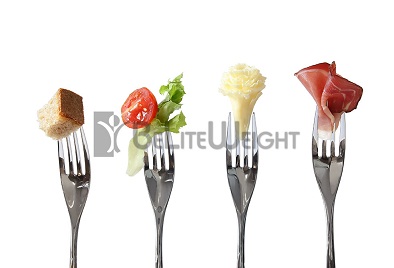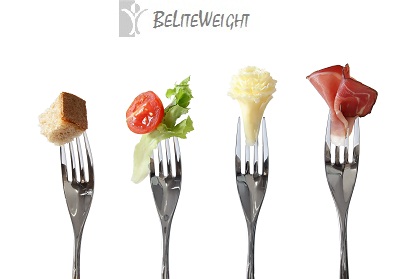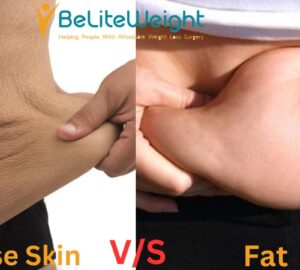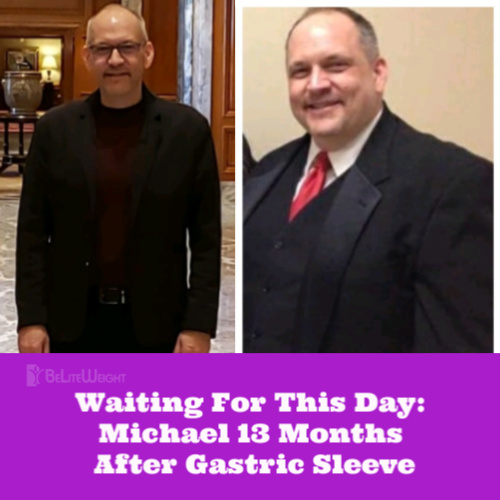Anyone who has had weight loss surgery has undoubtedly heard a lot about nutrition. So much so, in fact, that it can sometimes seem overwhelming.
While it's true that understanding the role food plays in your success is important, it doesn't necessarily have to be complicated–avoid snacking between meals, choose smaller portions, take your time and eat nutritious foods that give your body the vitamins, minerals and protein it needs.
The question often asked by people who've had weight loss surgery is this: What are the right types of nutritious foods?
The answer can be broken down into three easy to understand categories:
Protein
Protein is powerful and essential. Your body doesn't store it. It repairs and rebuilds body tissue that has been worn down by exercise or even daily living. And it's found in a variety of foods that taste delicious–chances are good you're not going to have to plug your nose when you eat it.
 Plus, after you've had weight loss surgery, you need to (or get to) eat it every day.
Plus, after you've had weight loss surgery, you need to (or get to) eat it every day.
Most people should set a target protein intake goal of about 60 grams a day. But your new stomach, or pouch, won't be able to digest all of it at once. Which is why it's so important to make a habit of eating small servings of high-protein foods, such as fish, poultry, eggs and low-fat cottage cheese with each meal.
Vitamins and Minerals
Your body can't function properly without vitamins and minerals. They help keep your bones strong, heal wounds, strengthen your immune system, keep your mind sharp and turn food into energy.
After weight loss surgery, it's likely you won't be able to eat enough food to give your body all the vitamins and minerals it needs. The trick is to work with your doctor to find a multivitamin that's chock full of everything your body needs–and make sure to take it every day.
Sugar and Fat
In general, foods that are high in sugar and fat should be avoided. They can cause "dumping syndrome" which results in sleeplessness, sweating, and abdominal pain. Avoid them.





